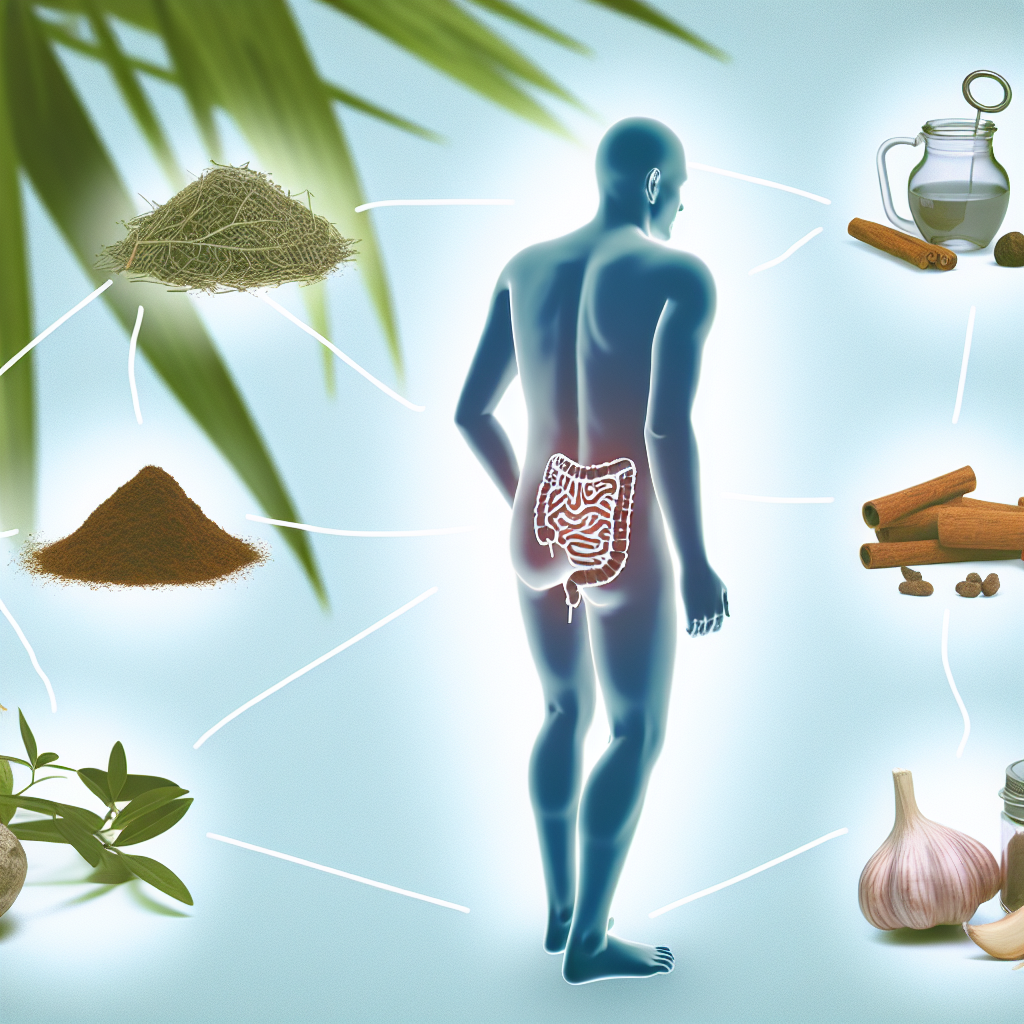Candida Overgrowth: A Holistic Approach to Restoring Gut Health
Understanding Candida Overgrowth
Candida overgrowth is a prevalent yet often overlooked health issue affecting millions worldwide. Candida is a yeast-like fungus naturally found in the body, primarily in the mouth, intestines, and skin. In optimal health, beneficial bacteria in the gut help keep Candida levels balanced. However, factors such as poor diet, chronic stress, antibiotic use, and immune system disruptions can trigger an overgrowth, leading to a condition known as candidiasis.
Symptoms of Candida overgrowth vary widely, affecting numerous bodily systems. Individuals may experience digestive discomfort such as bloating, gas, diarrhea, or constipation. Other signs include chronic fatigue, persistent brain fog, skin issues (eczema, rashes, fungal infections), weakened immunity, and mood disturbances like anxiety or depression. The systemic impact of Candida makes it crucial to address the root cause rather than focusing solely on symptom management.
Conventional treatment typically involves antifungal medications such as fluconazole or nystatin. While these drugs can be effective in acute cases, long-term reliance may lead to resistance, liver toxicity, or disruption of the microbiome. Instead, a holistic approach emphasizes natural, sustainable solutions that restore gut balance while preventing recurrent overgrowth.
A holistic strategy for combating Candida overgrowth includes dietary intervention, herbal treatments, probiotic supplementation, and lifestyle modifications. Removing sugar, gluten, alcohol, and processed foods is essential, as Candida thrives on sugar and refined carbohydrates. Herbal remedies such as oregano oil, pau d’arco, garlic, and caprylic acid have potent antifungal properties, helping to inhibit fungal overgrowth naturally.
Additionally, probiotics and prebiotics play a crucial role in restoring the gut microbiome by repopulating it with beneficial bacteria, such as Lactobacillus and Bifidobacterium species. Implementing stress management techniques, engaging in regular exercise, and prioritizing sleep further support immune function and digestive health.
By addressing the underlying triggers and using nature-based treatments, individuals can achieve long-lasting relief from Candida overgrowth. This article explores the latest research and natural interventions to help restore gut balance and promote overall well-being.
Key Studies on Candida Overgrowth and Holistic Treatments
Scientific research supports the efficacy of natural treatments in managing Candida overgrowth. Several studies have explored the benefits of diet, probiotics, and herbal antifungals in balancing Candida levels and preventing reinfection.
Eliminate Sugar: The Power of Dietary Changes
A study published in mSystems (2019) highlighted how dietary modifications influence microbiome health. Researchers observed that high-sugar diets significantly increase Candida colonization, particularly in individuals with weakened immune defenses. The study supports the importance of eliminating refined sugars, excess carbohydrates, and processed foods to inhibit Candida overgrowth (Krishna et al., 2019).
Boost Your Gut with Probiotics
Probiotics are among the most extensively studied natural remedies for Candida. Research published in Microorganisms (2020) demonstrated that Lactobacillus species, particularly L. rhamnosus and L. acidophilus, help suppress fungal overgrowth and restore gut balance. These probiotic strains produce lactic acid, creating an unfavorable environment for Candida proliferation (Bermudez-Brito et al., 2020).
Harness the Antifungal Power of Herbal Remedies
Several herbal extracts have been investigated for their antifungal properties. A study in Frontiers in Microbiology (2022) explored the antifungal effects of essential oils like oregano, thyme, and tea tree oil. The research concluded that carvacrol (oregano’s active compound) and thymol exhibit strong antifungal activity against Candida strains without harming beneficial gut bacteria (Zhang et al., 2022).
Caprylic Acid: A Natural Candida Fighter
Caprylic acid, a medium-chain fatty acid derived from coconut oil, has been shown to disrupt Candida biofilms and inhibit fungal adhesion to the intestinal lining. A 2018 study in Pathogens & Disease found that caprylic acid effectively reduces fungal colonization without adverse effects, making it a promising natural antifungal treatment (Khor et al., 2018).
Manage Stress for a Stronger Gut
Psychological stress has a profound impact on gut health. A study published in Brain, Behavior, and Immunity (2021) showed that chronic stress weakens immune defenses, making individuals more susceptible to Candida overgrowth. Stress reduction methods such as meditation, deep breathing, and regular physical activity have been recommended as part of a holistic approach (Foster et al., 2021).
These studies reinforce the effectiveness of natural interventions in controlling Candida overgrowth while supporting overall gut health.
Conclusion: A Holistic Path to Candida-Free Living
Candida overgrowth is more than a temporary inconvenience—it can significantly affect digestion, immune function, and mental clarity. Addressing this condition holistically offers a sustainable path to long-term health and well-being.
A combination of dietary changes, herbal antifungals, probiotics, and stress management techniques can effectively control Candida growth without disrupting the gut microbiome. Scientific research continues to validate natural treatments, making it clear that a comprehensive, holistic approach is key to restoring balance.
For individuals struggling with recurring Candida infections, adopting a gut-friendly lifestyle—rich in whole foods, fermented products, and mindful practices—can provide lasting relief. By focusing on the root causes rather than just symptoms, a holistic approach empowers individuals to take control of their health naturally and sustainably.
Summary:
Candida overgrowth is a prevalent health issue that can significantly impact overall well-being. A holistic approach, including dietary changes, herbal remedies, probiotic supplementation, and stress management, offers a sustainable solution to restore gut balance and prevent recurrent infections. Scientific research supports the effectiveness of natural interventions in managing Candida overgrowth, empowering individuals to take control of their health through a comprehensive, nature-based strategy.

Dominic E. is a passionate filmmaker navigating the exciting intersection of art and science. By day, he delves into the complexities of the human body as a full-time medical writer, meticulously translating intricate medical concepts into accessible and engaging narratives. By night, he explores the boundless realm of cinematic storytelling, crafting narratives that evoke emotion and challenge perspectives.
Film Student and Full-time Medical Writer for ContentVendor.com




